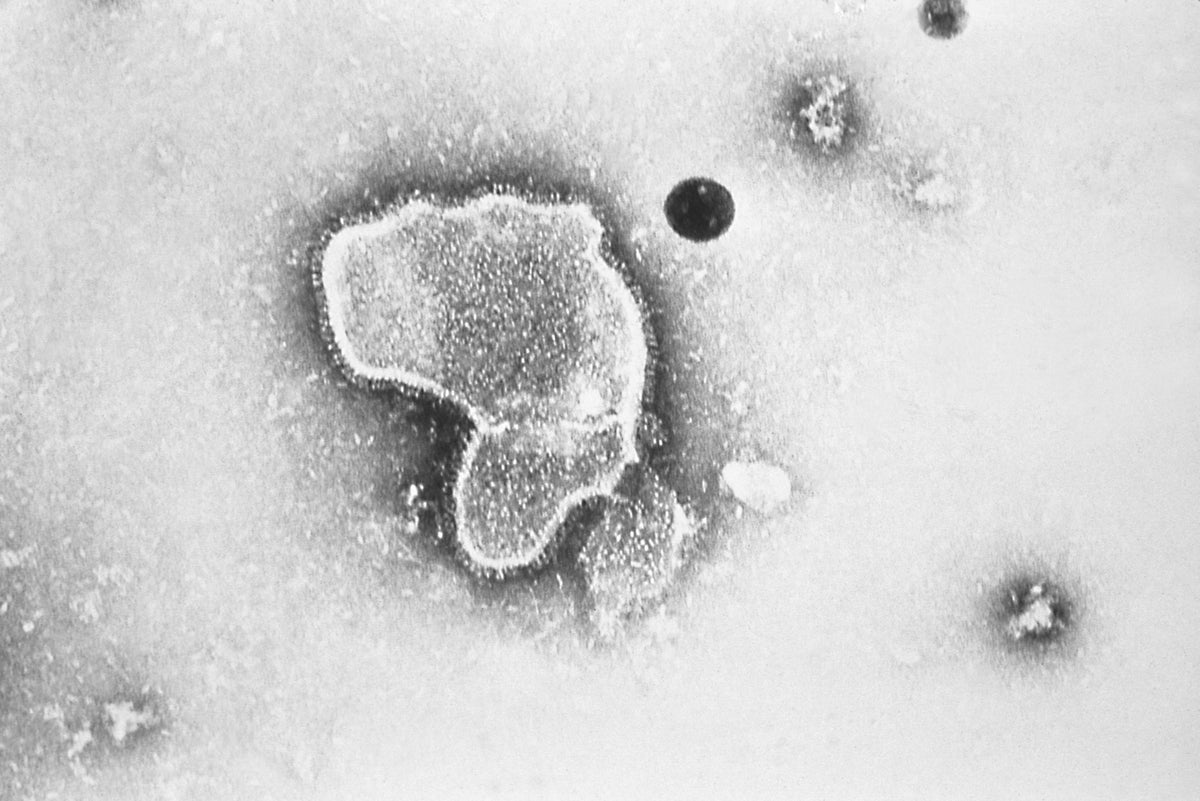
Children’s hospitals in parts of the U.S. are seeing a surge in RSV cases.
RSV — respiratory syncytial virus — is a common bug. For most people, it causes mild cold-like symptoms such as runny nose, cough and fever. But infants and older people can get serious airway and lung infections. Among U.S. kids under age 5, RSV typically leads to 58,000 hospitalizations and up to 500 deaths in a year. For adults 65 and older, RSV causes 177,000 hospitalizations and 14,000 deaths yearly.
Nearly all U.S. children normally catch an RSV infection by age 2. But past pandemic shutdowns are likely playing a role, because they shielded babies and children from common bugs. RSV cases fell dramatically two years ago as the pandemic closed schools, day cares and businesses. Doctors saw an alarming increase in the summer of 2021 and again this fall. Doctors also fear that RSV, flu and COVID-19 could combine to stress hospitals.
Here are some resources for localizing the story:
U.S. CASES
— The Centers for Disease Control and Prevention tracks RSV cases in the U.S. nationally, by region and by state. Links to each can be found here: https://www.cdc.gov/surveillance/nrevss/rsv/index.html
— National cases trends can be seen here: https://www.cdc.gov/surveillance/nrevss/rsv/natl-trend.html
— State case trends can be seen here: https://www.cdc.gov/surveillance/nrevss/rsv/state.html
— Local and state health departments are on the front lines of all communicable diseases and may have their own statistics. Likewise, hospitals and health systems in your area may track cases themselves.
TREATMENT AND VACCINE
There’s no specific treatment for RSV, but doctors may prescribe medications to manage symptoms. There is a drug available to prevent severe RSV illness in certain high-risk kids, but it doesn’t prevent infection.
Several companies are working on a vaccine. It’s been a long time coming. An early effort in the 1960s ended in failure, but National Institutes of Health researchers found a possible pathway to immunization, opening the way to a variety of experimental RSV vaccine candidates.
Read AP’s latest: Strong RSV vaccine data lifts hopes after years of futility
REPORTING QUESTIONS
— Pediatricians may be seeing more RSV patients. If so, how many more than usual? How does this fall compare with past RSV seasons? Can they handle the increase? Are they making any changes in how they manage patients? How are they protecting patients
— Parents of newborns are likely to be particularly worried. Have they changed their behavior because of RSV? What are they doing different? How are they trying to protect their kids? Likewise, older adults may also be taking precautions. Are they changing their routines or taking other steps to protect themselves?
— Nursing home administrators and day care operators oversee businesses catering to the people most at risk of RSV. Have they taken steps to protect their clients? What have they done? They likely have dealt with RSV in the past. Are there differences this year?







